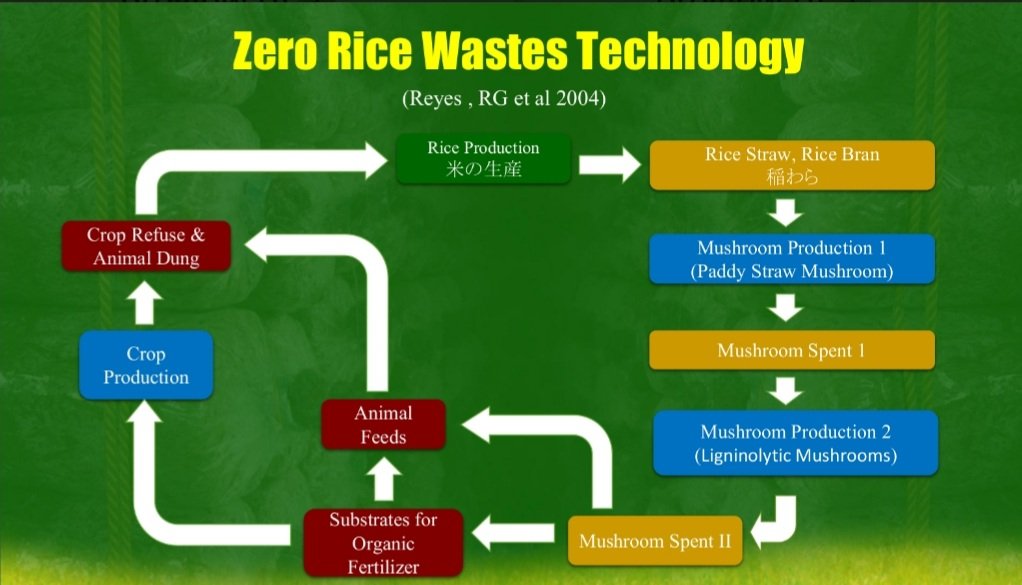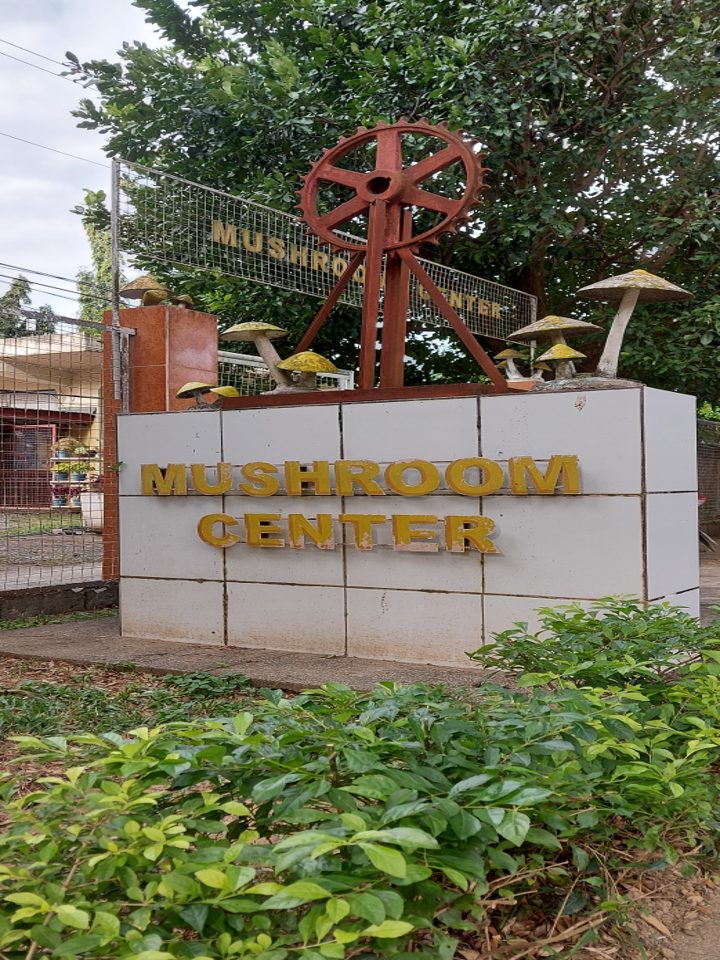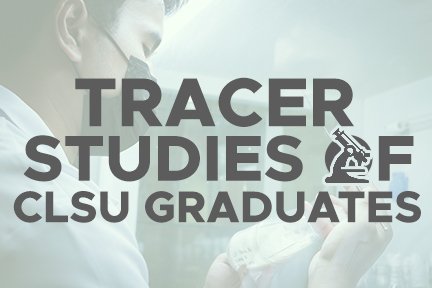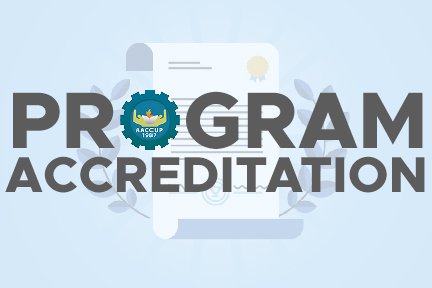No more rice wastes in sustainable mushroom production

Central Luzon is known as the rice bowl of the Philippines, being the region that produces most of the country’s rice supply. During production of this crop, significant proportion of rice wastes is generated. They have been little utilized for practical purposes such as for animal feed and fertilizer. Most farmers commonly burn this waste in an open field after harvesting crops, which causes serious problems on environmental pollution and human health.
Addressing this very serious problem, the Center for Tropical Mushroom Research and Development (CTMRD) of Central Luzon State University (CLSU) developed the “Zero Rice Waste Technology” that promotes the efficient utilization of by products and wastes, such as rice straw, stubbles, rice bran, rice hull, and grains from rice production as planting material for growing of paddy straw mushroom (Volvariella volvacea), oyster mushroom (Pleurotus species), lingzhi or reishi (Ganoderma lucidum), rat’s ear mushroom (Auricularia species), among other edible mushrooms.
Central Luzon is known as the rice bowl of the Philippines, being the region that produces most of the country’s rice supply. During production of this crop, significant proportion of rice wastes is generated. They have been little utilized for practical purposes such as for animal feed and fertilizer. Most farmers commonly burn this waste in an open field after harvesting crops, which causes serious problems on environmental pollution and human health.
Addressing this very serious problem, the Center for Tropical Mushroom Research and Development (CTMRD) of Central Luzon State University (CLSU) developed the “Zero Rice Waste Technology” that promotes the efficient utilization of by products and wastes, such as rice straw, stubbles, rice bran, rice hull, and grains from rice production as planting material for growing of paddy straw mushroom (Volvariella volvacea), oyster mushroom (Pleurotus species), lingzhi or reishi (Ganoderma lucidum), rat’s ear mushroom (Auricularia species), among other edible mushrooms.
In mushroom production, spent substrates or the soil-like material remaining after a crop of mushroom are further utilized as feed for animals and as major component in organic fertilizer production, which can be used in crop cultivation.

This technology is now adopted by many stakeholders, mushroom growers and farmers in the region for their efficient cultivation of mushroom. To name them are: Cabisuculan Mushroom Centre of Science City of Munoz, Nueva Ecija, Mushroom Center of LGU Santa Rosa, Nueva Ecija, Twins Mushroom Farm owned by Mr. Jeffrey Roque of Llanera, Nueva Ecija, Neu’DaBest Mushroom Farm owned by Mr. Orlando Neuda of Bibiclat Aliaga, Nueva Ecija, thus, ensuring food security and providing livelihood for Filipinos while promoting waste utilization and environmental protection.
The CTMRD continues to disseminate this technology to the community through seminars and training and extension activities. Through this, the CLSU contributes to the achievement of the United Nations Sustainable Development Goals on no poverty, zero hunger, responsible consumption and production and partnerships for the goals.
- OVPAA, IAO conduct executive session on internationalization
- Ten Pre-Service Teachers Join the SEA Teacher Program
- CLSU student, chosen for SSEAYP 2022
- CLSU-BSHM students win in the Philippine Culinary Cup, Executive Chef Networking
- Two BSIT Students advance in the ASEAN Data Science Explorers 2022 (ASEAN DSE) competition
In an effort to promote global opportunities and foster enduring international partnerships, the Council...
Aligned with SDGs 4 (Quality Education) and 17 (Partnership for the Goals), ten pre-service teachers...
Dan Paul Aaron Torres, a fourth-year BS Chemistry student at Central Luzon State University, has been...
Bachelor of Science in Hospitality Management students of the Central Luzon State University participated...
The ASEAN Data Science Explorers 2022 competition organized by the ASEAN Foundation and SAP Asia Pte...




